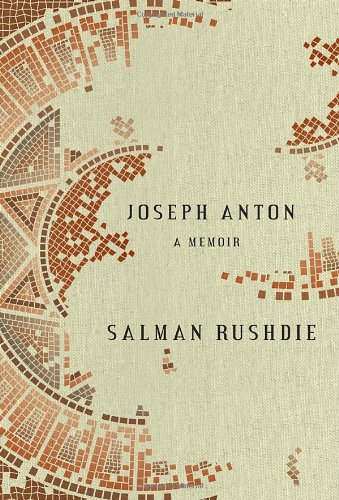Library Reading Room Displays Wide Variety of Current Periodicals by Janice Clauser
The Crawfordsville Library’s
reading room offers 159 magazines and comfortable seating for perusing them.
Non-current issues may be taken out for a week.
There are also 14 newspapers:
Barron’s, The Chicago Tribune, The New York Times plus its Book Review and its
Large Print Weekly, Human Events, The Indianapolis Business Journal, The
Indianapolis Star, The Lafayette Journal & Courier, The Wall Street
Journal, U.S.A. Today, The Wabash (College) Bachelor, The Crawfordsville
Journal Review, and The Paper of Montgomery County.
Here are new choices of fiction and
nonfiction about the 20th century. The beauty of the Italian Alps is
the setting in 1900 for a story, continued in America, presenting a young man
drafted into World War I and a girl who becomes a seamstress involved in the
life of singer Enrico Caruso. The couple meets, separates, and joins again with
“operatic scope” in “The Shoemaker’s Wife” by Adriana Trigiani. Ford Madox
Ford’s masterpiece “Parade’s End” about England during the same era, is four
novels bound together, exploring the ruling class as it descends into the chaos
of war.
“Princess Elizabeth’s Spy” by Susan
MacNeal tackles WW II as England steels itself against German attack, and as the
former secretary to Winston Churchill becomes a spy for MI-5. The royal family
is in danger, and with great wit and smallest clues, big secrets are unraveled.
“Road to Valor” by Aili McConnon is the true story of World War II Italy, the
Nazis, and the cyclist who inspired a nation (Gino Bartali, who won the Tour de
France twice, ten years apart.)
“The Valley of Unknowing” by Philip
Sington takes place during the twilight
years of Communist East Germany when an author finds that a cocky scriptwriter
has satirized his work and proving it will be hard in the Workers’ and
Peasants’ State. “The Round House” by Louise Erdrich begins when a Ojibwe squaw
on a reservation in North Dakota is attacked, puzzling her son and tribal judge
husband. The harsh realities of life, where tribal and white live together with
all kinds of injustice, are handled with literary skill. Fast forward to 9/11
and the Afghanistan and Iraq era when a scientist has developed a virus that
can infect the fuel supply of the entire world; the plot moves fast in “Slow
Apocalypse” by John Varley.
In Clive Cussler’s “Poseidon’s Arrow” Dirk
Pitt faces an international crisis because a missing element in the U.S. Navy’s
latest attack submarine technology causes ships to vanish in mid-ocean. There
is also a Large Print edition and an 11-disc audio version available.
Last
are two impressive biographies. “Zumwalt” by Larry Berman describes the life
and times of Admiral Elmo Russell “Bud” Zumwalt, Jr., chief of naval operations
and “the navy’s most popular leader since WW II”. In his career spanning forty
years, he served during the Soviets’ challenge to the US, became commander of
all Navy forces in Vietnam and endured Watergate and an admirals’ spy ring. Later
helping thousands of Vietnam veterans secure reparations brought him the
Presidential Medal of Honor. Jean Edward Smith’s “Eisenhower in War and Peace”
reintroduces us to the young dreamer with a maddening apprenticeship under
Douglas MacArthur, his dilemmas in World War II, and the sudden 1952 Republican
National Convention which catapulted him to the White House as our 34th
President.

















